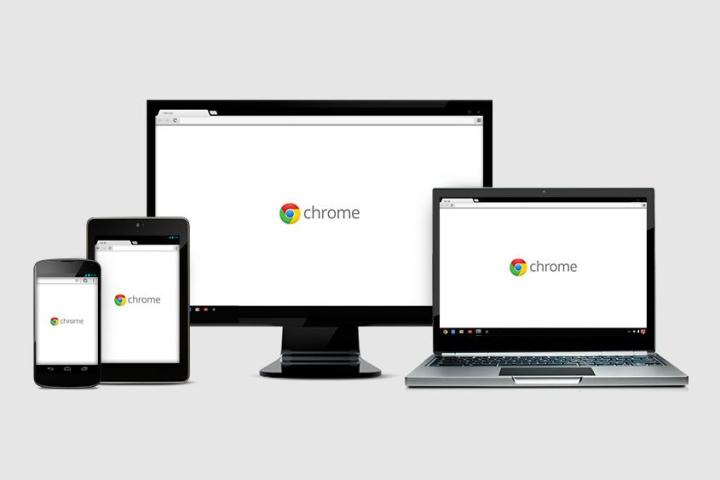
Related: Best free anti-malware software
Google says that starting sometime next week, users of the firm’s Chrome browser should see pop-ups that warn them whenever something on the Internet attempts to put something on your computer that attempts to change your browser settings or homepage without your approval.
Related: Windows 9 Threshold is coming: Here are the latest rumors, leaks, and more
The notifications will read like this, for example: “Virus.exe may harm your browsing experience, so Chrome has blocked it.”
“You should be able to use the web safely, without fear that malware could take control of your computer, or that you could be tricked into giving up personal information in a phishing scam,” Google’s Moheeb Abu Rajab, Staff Engineer of Google Security security says.
However, if you so choose, you’ll be able to dismiss the notification, and download the item in question anyway.
This is an expansion of Google’s Safe Browsing system, which aims to protect Web surfers from malicious sites. It’s unclear if this new feature of Safe Browsing will be available for use with other browsers once it’s released.


